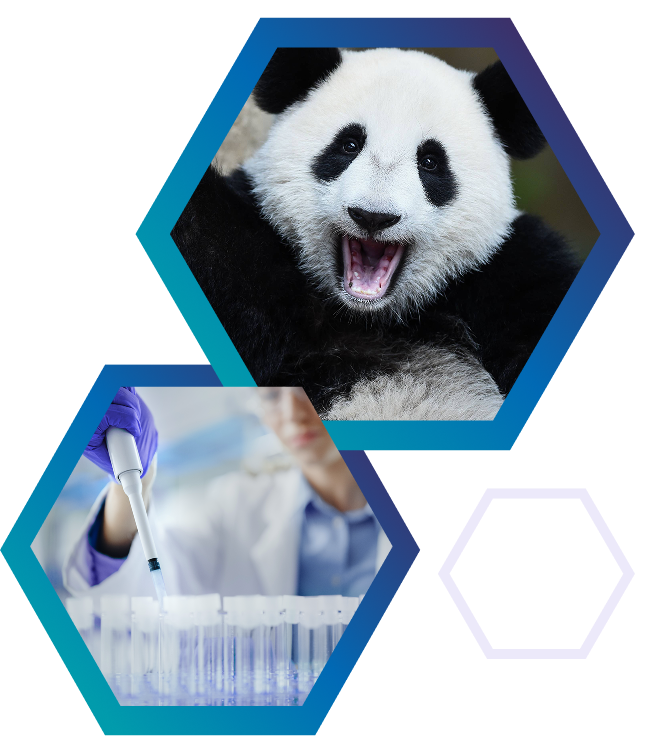Measuring Testosterone in Wildlife: White-Tailed Deer
Understanding how hormones influence behavior and reproduction is essential for wildlife and ecological studies. Testosterone, a critical androgen, drives many primary and secondary sexual traits and behaviors across species. A recent study by Gomes et al., published in Evolutionary Ecology, exemplifies how Arbor Assays’Testosterone ELISA Kit (K032-H) is helping to advance research in this area.
Unlocking Testosterone’s Role in Sexual Selection
The study explored how testosterone levels correlate with sexually selected traits, such as antler size and body size, in white-tailed deer (Odocoileus virginianus). Using Arbor Assays’ Testosterone ELISA Kit, researchers analyzed serum testosterone concentrations from deer in a controlled, freely breeding population over a ten-year period. The kit enabled accurate and reliable hormone quantification, supporting a long-term analysis of testosterone’s impact on reproduction and physical characteristics.
Key Findings: Testosterone Measurement and Trait Development
The research revealed several compelling insights:
- Positive associations with physical traits: Testosterone was positively associated with antler size and body size in younger deer (up to 5.5 years old). These traits, favored in sexual selection, are indicators of overall male fitness.
- Testosterone and reproductive success: While testosterone levels fluctuated seasonally, they did not directly correlate with reproductive success. Sperm viability remained unaffected by these hormonal changes.
- Age-dependent relationships: In older deer (≥ 6.5 years), the relationship between testosterone and these traits shifted, with higher testosterone levels linked to smaller body and antler sizes. This finding highlights the complex trade-offs between hormone levels, age, and resource allocation.
- Lifetime hormone patterns: While annual testosterone levels did not directly predict reproductive success, greater variation in testosterone levels across an individual’s lifetime correlated positively with overall reproductive success, suggesting adaptive reproductive strategies.
Why Researchers Trust Arbor Assays’ Testosterone ELISA Kit
Arbor Assays’ Testosterone ELISA Kit (K032-H) was instrumental in these discoveries. Its features include:
- High sensitivity: Testosterone measurement concentrations as low as 9.92 pg/mL, ensuring accurate detection even in low-hormone samples.
- Precision and reliability: The kit provides consistent results across a wide range of samples. These include serum, plasma, TCM, urine, and fecal extracts, enabling robust longitudinal studies.
- Ease of use and support: The researchers used Arbor Assays’Steroid Liquid Sample Extraction Protocol. This protocol offers clear guidance for hormone extraction – one of many easily found on the Arbor Assays website. Here you can also find our comprehensive customer and technical support.
This study highlights the importance of precise hormonal measurements in ecological and behavioral studies and demonstrates the value of integrating Arbor Assays’kits and protocols into your research workflow.
Explore More Applications
Curious about other ways researchers are using Arbor Assays’Testosterone ELISA Kit? Search our publication database to see how our tools are driving innovative research across disciplines. From wildlife studies to human health, we design kits to meet the highest scientific standards.
Featured Products
-
In Stock
Testosterone ELISA Kit
$353.00 – $1,409.00The DetectX® Testosterone ELISA Kits provide non-invasive measurements of Testosterone and Dihydrotestosterone.





